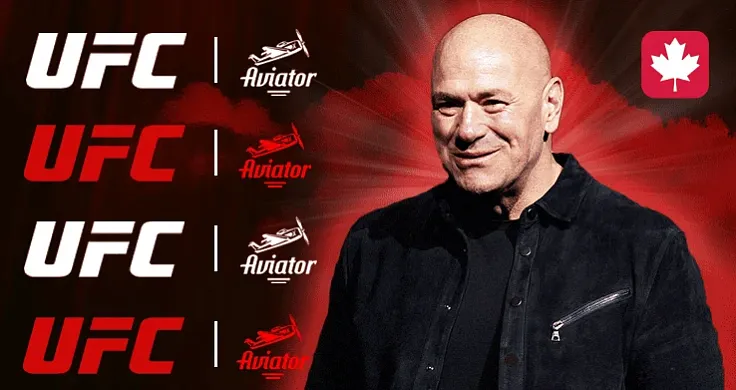
Spribe’s UFC and WWE Sponsorship
Spribe’s recent sponsorship deals with UFC and WWE, which bring their crash game Aviator to the forefront of global sporting events, highlight a troubling trend: the normalization of gambling promotion in mass entertainment. This strategy not only raises ethical concerns but also risks exacerbating the harmful effects of gambling on vulnerable audiences.
Gambling Ads on a Global Stage: A Dangerous Combination
Prominent Aviator branding on the UFC Octagon and WWE events sends a clear message that gambling is not only acceptable but an integral part of global entertainment. This blurs the line between sports and gambling, potentially glamorizing risky behavior to millions of fans, including younger viewers who look up to these sports as sources of inspiration.
Expanding Gambling’s Reach at What Cost?
While Spribe’s efforts to grow its presence in markets like the United States, Brazil, and India may boost its profits, they ignore the societal consequences of increasing gambling exposure. Integrating gambling ads into events watched by diverse audiences risks creating a new generation of gamblers, with little consideration for the long-term harm this could cause.
Ethical Concerns for Sports and Entertainment
UFC and WWE, with their massive fan bases, hold a responsibility to promote values like discipline and perseverance. By tying themselves to gambling sponsorships, they undermine these principles, prioritizing revenue over the well-being of their audiences. The inclusion of social media campaigns and hospitality perks further deepens this problematic entanglement, encouraging fans to associate gambling with the excitement of sports.
A Call for Responsible Promotion
Rather than celebrating these sponsorship deals, we should question the broader implications of allowing gambling companies to dominate the marketing landscape of mass sporting events. Sporting organizations must prioritize ethical partnerships that align with their values and consider the societal impact of their sponsorships. Gambling has its place, but its aggressive promotion at beloved events risks turning entertainment into a gateway for harm.




celese Haha, classic! First they screwed over the players, then the license turned out to be fake, and now they’re trying to undo everything. A total circus. Yeah, everything will just get bought. They’ll pay whoever they need in Curaçao and get a new license. Money rules everything, especially in this industry.



Mangarin4ik The section about how casinos fire VPNs is a gun. I've never thought about WebRTC and the time zone. Author, thank you, you may have just saved my next deposit.


































I’m not against gambling, but there’s a time and place for promotion, and global sporting events aren’t it. Normalizing gambling in this way could lead to long-term harm, especially in markets where regulations on advertising are already too lax.
As a parent, I find this troubling. My kids watch WWE regularly, and now they’re going to be bombarded with gambling ads? Sports should be a safe space, not a marketing platform for something that can cause serious addiction.
It's disappointing to see sports organizations like UFC and WWE promoting gambling so aggressively. These events should be about athleticism and entertainment, not pushing risky behaviors onto fans, especially younger ones. Where’s the responsibility?